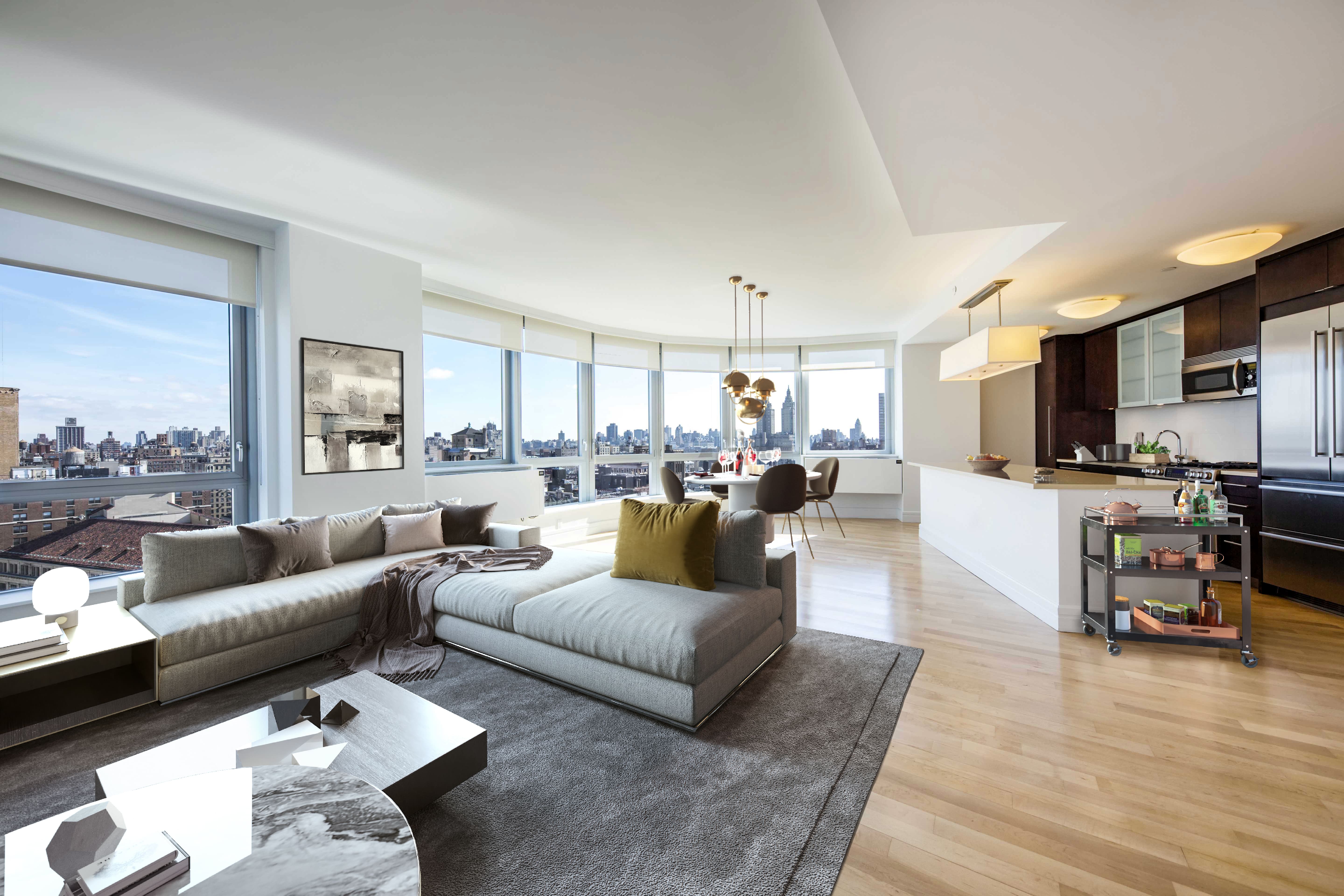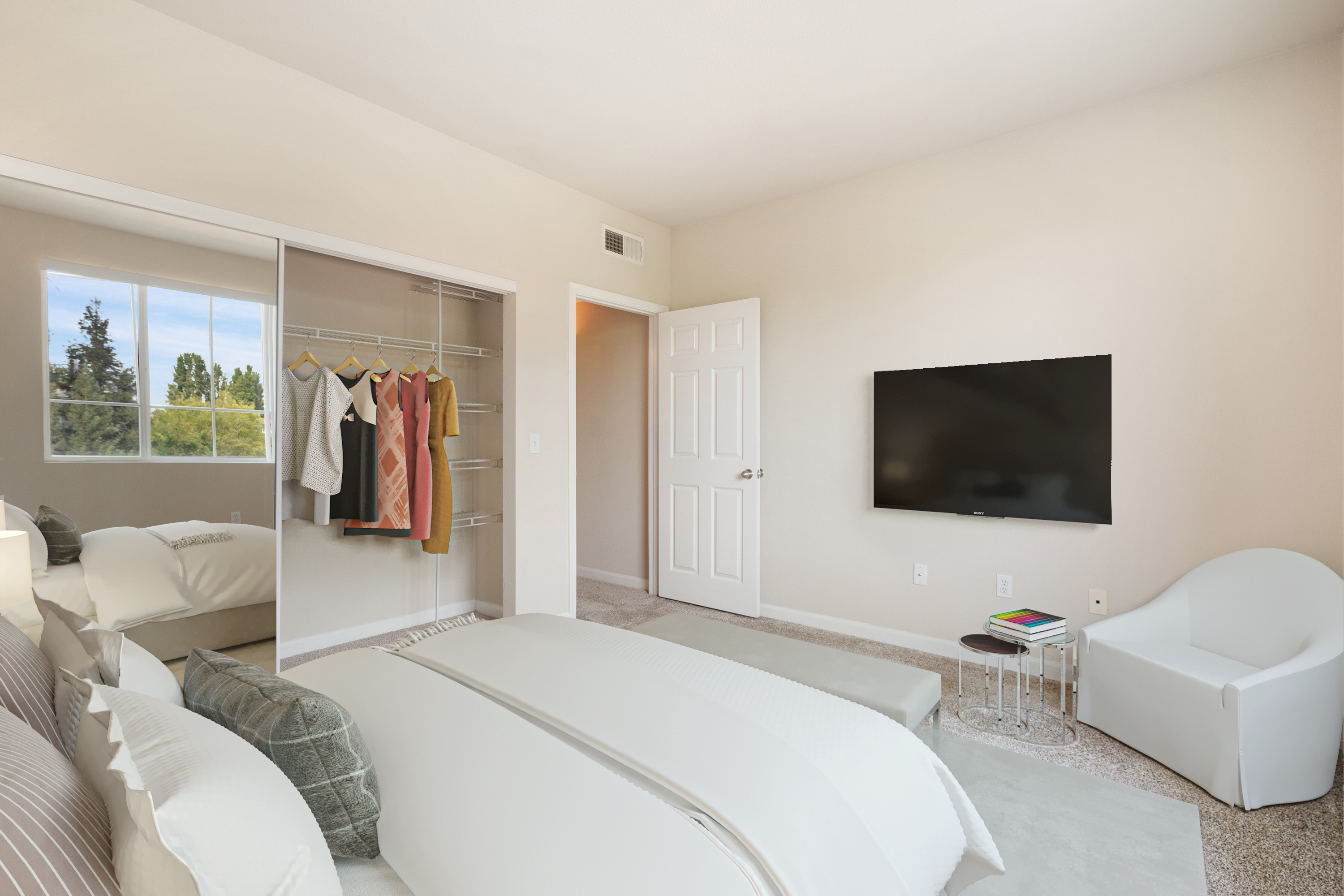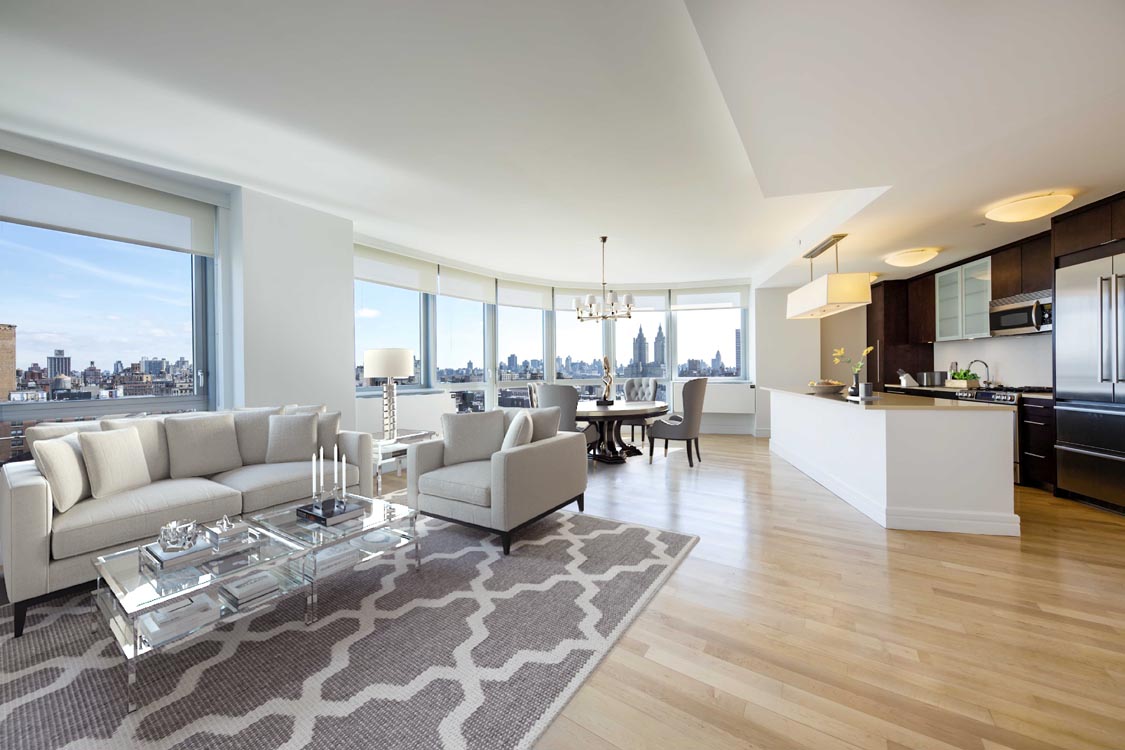8 Reasons to Invest in Virtual Staging Services
Seeing an empty room just doesn’t have the same effect as a staged room these days.
4 min read
LCP360 : Aug 31, 2020 8:00:00 AM

Budget season in real estate is in full swing. In fact, many real estate professionals in multifamily and commercial have already started their budgeting for next year to get ahead of the curve.
Because of the coronavirus, real estate pros are preparing for yet another technology driven year. The good news is that the year of 2020 has taught us all about agility, how to be flexible, and all about new technologies.
With real estate budgeting for 2021 well underway, it’s no secret that the new year will be full of similar digital strategies. What many real estate professionals have grasped onto in 2020 will become more refined and advantageous in 2021.
Whether you’ve already wrapped up your 2021 budgets, perhaps just getting started, or still in the middle of determining where to allocate your digital marketing spend, we’ll help you analyze the most advantageous content and technology avenues for 2021.
Virtual tours in real estate quickly became a priority in 2020 as a response to COVID-19, especially across the multifamily sector. When it comes to home buying, signing on the dotted line sight-unseen isn’t going to become commonplace. Sure, for homebuyers, virtual tours can play a crucial role in the research phase and help narrow down which homes are worth seeing in person, but with renters, it’s a different story.
Renters have a little more freedom and security when it comes to renting sight-unseen, hence why so many apartment communities quickly adopted virtual tours into their digital marketing.
When asked where they focused most of their digital marketing budgets in response to COVID-19, 90% multifamily respondents said virtual tours were a main priority. The same can be said for commercial office, those in storage and industrial, and many other real estate sectors.
Regardless of what real estate industry you may be in, real estate as a whole is beginning to look at virtual tours as a staple in real estate marketing strategies.
One thing to note is that not every virtual tour provider is equal. If you are looking at virtual tours for your properties, here some items to consider:
Virtual tours are now a staple, in almost any industry, but especially real estate. There will always be individuals who are looking to buy a home and would like to narrow down their options virtually. There will also always be renters who are comfortable renting sight-unseen and would much rather take an online tour over visiting in person.
After 2020, there will always be a need for virtual tours in some capacity and 2021 is shaping up to be another year full of virtual experiences.
AI-powered virtual assistants have become a powerhouse tool in 2020 for real estate agents and leasing agents. When you can’t pick up the phone or answer an online chat, that’s where a virtual assistant can step in.
This year, internet habits and time spent online have changed drastically. In March 2020, internet usage increased 25% and people are notorious online for personal reasons after 5 p.m. With a 24/7 virtual assistant (often called a chatbot), you don’t have to miss a beat.
In 2018, Gartner predicted that by this year alone, 30% of all B2B companies would employ artificial intelligence to augment at least one primary sales process. With chatbots, that means lead generation.
Virtual assistants pop up on a website, attempting to collect information about your visitors to keep them engaged. Some multifamily companies are already combining the efforts of their virtual assistant with virtual tours.
One prime example of a virtual assistant in multifamily is ACE by LeaseHawk. According to LeaseHawk, at least 49% of phone calls are missed by leasing offices. What’s more, 73% of millennial renters expect a reply to their inquiry in 24 hours or less. A virtual assistant can meet that demand in seconds, meaning you collect more leads and leave a great impression on prospects, thus establishing a stronger ROI on marketing efforts.
One crucial piece of marketing in any real estate industry is staging. And it’s not hard to see why. People love to envision themselves in a new space, whether it’s an office space or a new home. The Mortgage Reports finds that staged homes sell 73% faster, and more often than not, they sell for more money.
Furniture can really help set the tone and entice a buyer or renter into signing.
We’ve entered a new era of staging, however. With less people touring new spaces in person, staging is no longer the investment it once was. Virtual staging, however, offers plenty of benefits to real estate professionals in a world with coronavirus.
Virtual staging is staging that is completely digital, with photorealistic virtual furnishings and decor. Think about it as a hybrid of photography and renderings.
In fact, according to the latest in virtual staging statistics, virtual staging is far better investment. Not only are the upfront costs cheaper, virtual staging is more affordable in general, while also giving you more bang for your buck. Virtual staging requires no furniture rental, no upkeep or maintenance, and the ability to show off a space both staged and unstaged.
We predict in 2021, that you’ll see more real estate professionals budgeting for virtual staging vs. real staging simply due to the time it saves, the creative freedom it provides and the ROI it brings to the table.
Think of this year as a test-run for what's to come. Real estate has had to adapt quickly, which has been the ultimate challenge, but these kinds of real estate technologies aren't going anywhere anytime soon - even after coronavirus subsides.
2020 has taught us all how to adapt quickly and which technologies are worth investing in. 2021 will teach everyone how to refine those strategies learned in 2020.

Seeing an empty room just doesn’t have the same effect as a staged room these days.

The real estate market once consisted of renters and buyers finding a clip in the newspaper and driving from property to property to decide where...

Virtual staging is the shiny new marketing tool turning heads in real estate. After all, this 100% digital solution is a cost-effective alternative...